Government institutions in Pakistan are those that are directly or indirectly controlled by the government. They are responsible for providing a wide range of services to the public, including education, healthcare, social welfare, and transportation.
These institutions play a vital role in the lives of many Pakistanis. They provide essential services that would not be available without government funding or support. They also help to create a social safety net for those who are most in need.
There are a variety of government institutes in Pakistan, each of which has a specific role to play. Here are some of the most important types of government institutes in Pakistan:
Ministries:
Ministries are the main departments of the government. They are responsible for developing and implementing policies in their respective areas. For example, the Ministry of Education is responsible for developing and implementing education policy. There are 39 ministries in Pakistan.
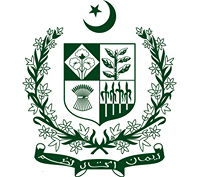
Divisions:
Divisions are subdivisions of ministries. They are responsible for carrying out the day-to-day work of the ministry. For example, the Secondary Education Division of the Ministry of Education is responsible for managing the secondary education system. They are headed by Secretaries.
Departments:
Departments are the smallest subdivisions of the government. They are tasked with executing specific responsibilities. For example, the Curriculum Development Department of the Secondary Education Division is responsible for developing school curricula. They are headed by Joint Secretaries.
Autonomous Bodies:
Autonomous bodies are government-owned institutions that operate independently of the government. They are responsible for providing a specific service or function. For example, the Higher Education Commission is an autonomous body that is responsible for regulating higher education in Pakistan.
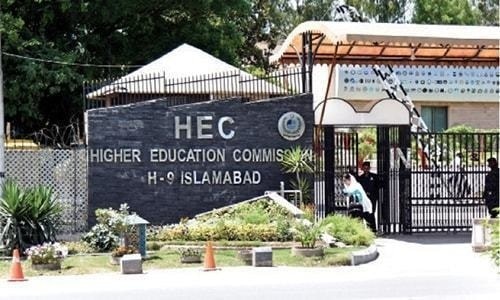
Agencies:
Agencies are semi-autonomous government bodies. They are not directly controlled by the government, but they are still accountable to the government. For example, the National Bank of Pakistan is an agency that is responsible for regulating the financial sector in Pakistan.
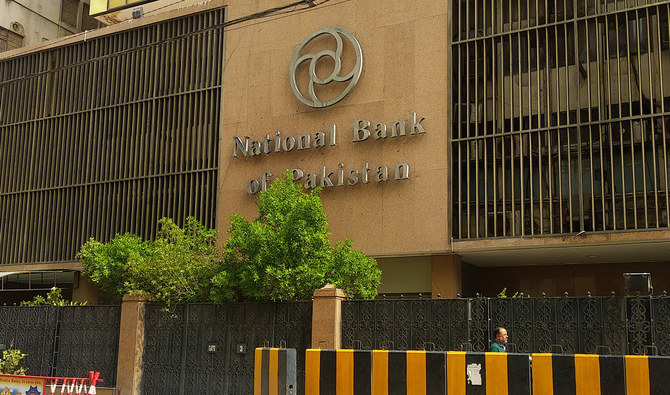
Commissions:
Commissions are independent bodies that are appointed by the government. They are in charge of doing particular duties. For example, the Election Commission of Pakistan is an independent body that is responsible for overseeing elections in Pakistan.
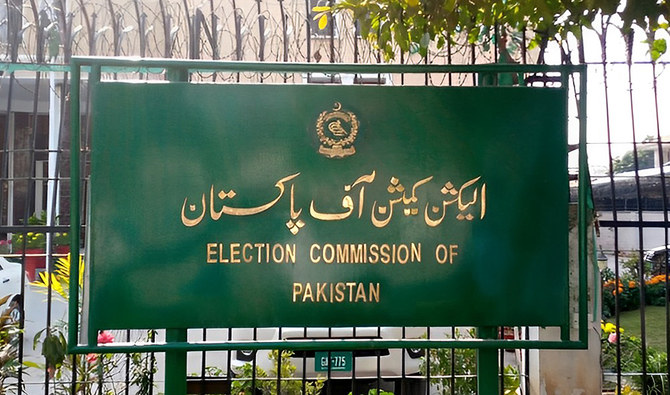
Local Government Institutions:
Local government institutions are the third tier of government in Pakistan. They are responsible for providing services to local residents. For example, municipal corporations are responsible for providing services such as water, sanitation, and garbage collection.
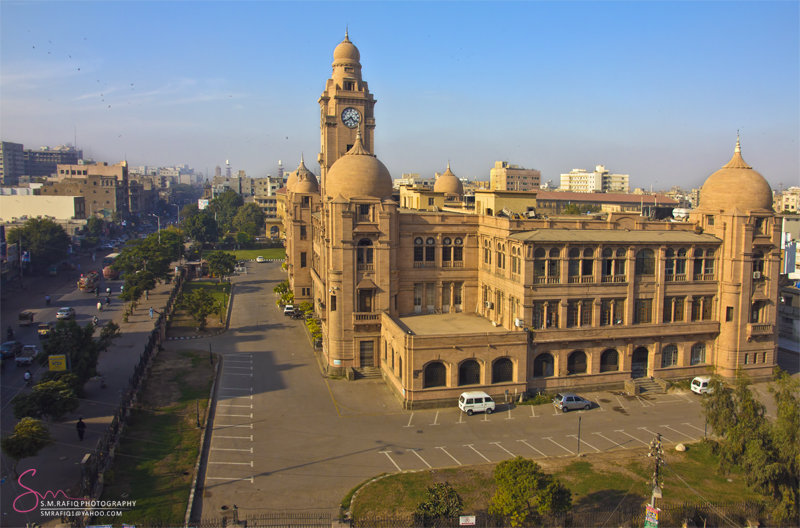
Public Sector Enterprises:
Public sector enterprises are government-owned businesses. They are responsible for providing goods and services to the public. For example, Pakistan Railways is a public sector enterprise that provides railway services.

Regulatory Bodies:
Regulatory bodies are government agencies that are responsible for regulating specific industries or sectors. For example, the Pakistan Telecommunication Authority is a regulatory body that is responsible for regulating the telecommunications sector.
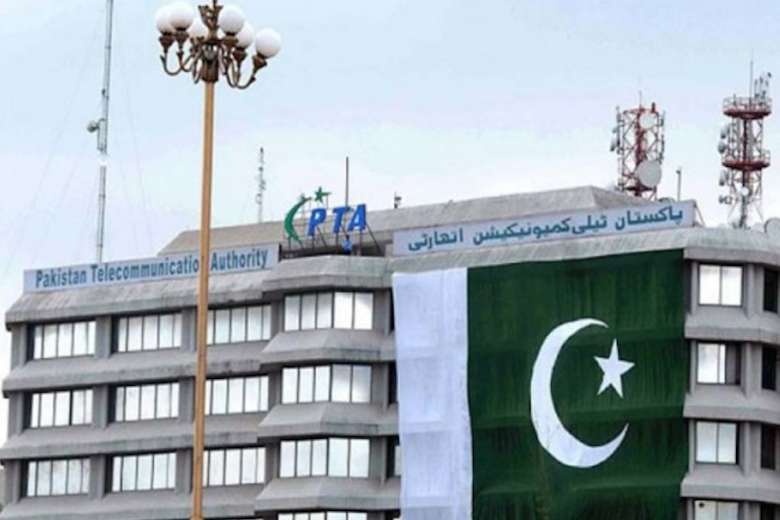
Research institutions:
Research institutions are responsible for conducting research in a variety of fields. They are funded by the government, but they are independent in their research. For example, the Pakistan Institute of Engineering and Applied Sciences is a research institution that is responsible for conducting research in engineering and applied sciences.
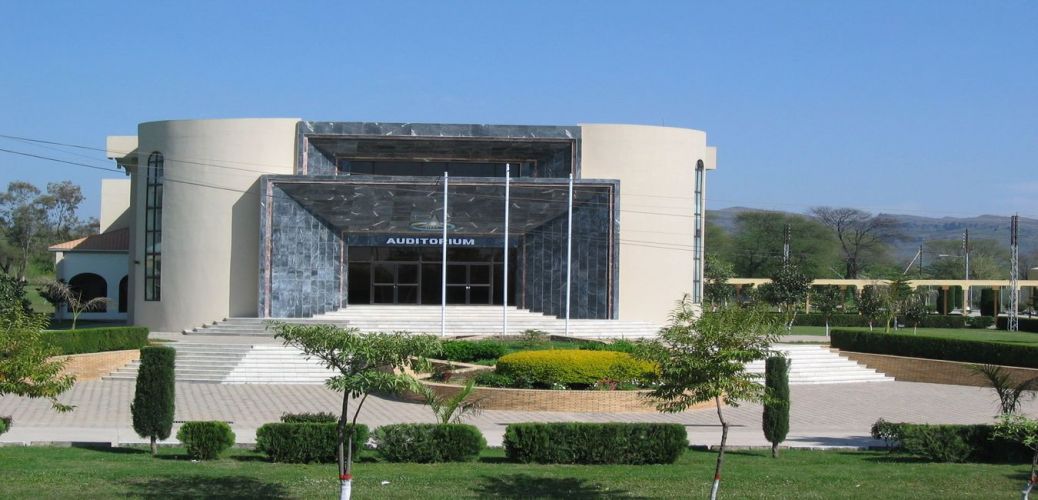
Social welfare organizations:
Social welfare organizations are non-profit organizations that provide services to the poor and disadvantaged. They are not directly controlled by the government, but they are often funded by the government. For example, the Edhi Foundation is a social welfare organization that provides services to the poor and disadvantaged in Pakistan.
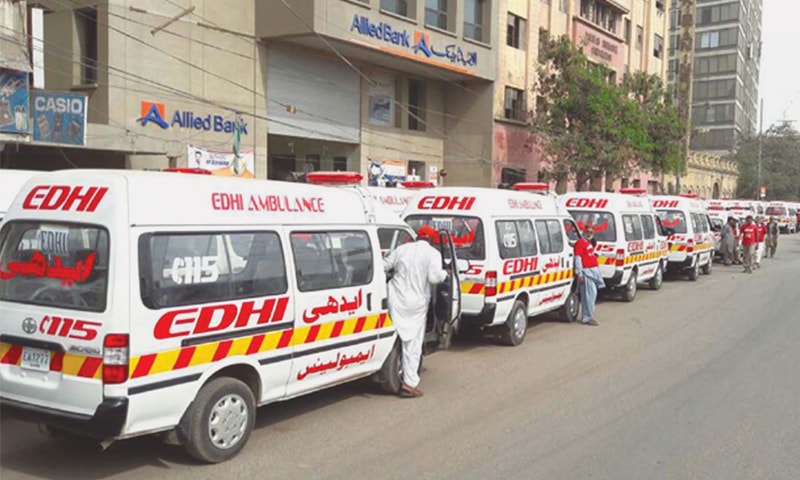
Educational institutions:
Educational institutions are responsible for providing education to students. They can be public or private. For example, the University of Karachi is a public educational institution that provides education to students in Karachi.

Healthcare institutions:
Healthcare institutions are responsible for providing healthcare services to patients. They can be public or private. For example, the Aga Khan University Hospital is a private healthcare institution that provides healthcare services to patients in Karachi.
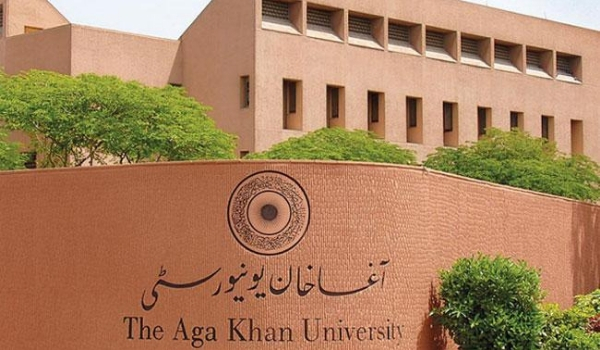
Judiciary:
The judiciary is the third branch of government. It is responsible for interpreting the law and settling disputes. The Supreme Court of Pakistan is the highest court in the country.
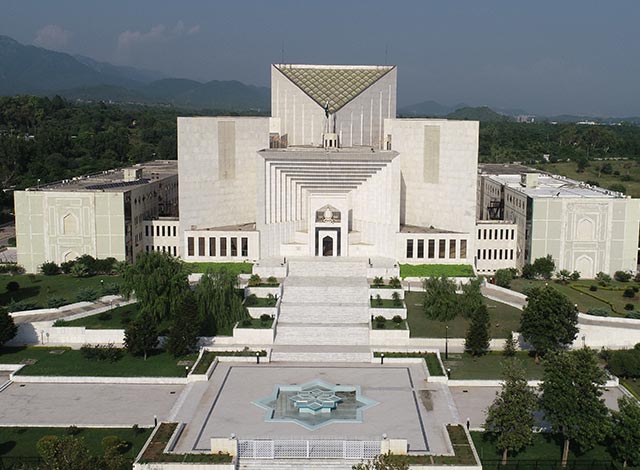
Law Enforcement Agencies:
Law enforcement agencies are responsible for enforcing the law. The police are the main law enforcement agency in Pakistan.
Military:
The military is in charge of protecting the nation from external dangers. The Pakistan Armed Forces are the military of Pakistan.
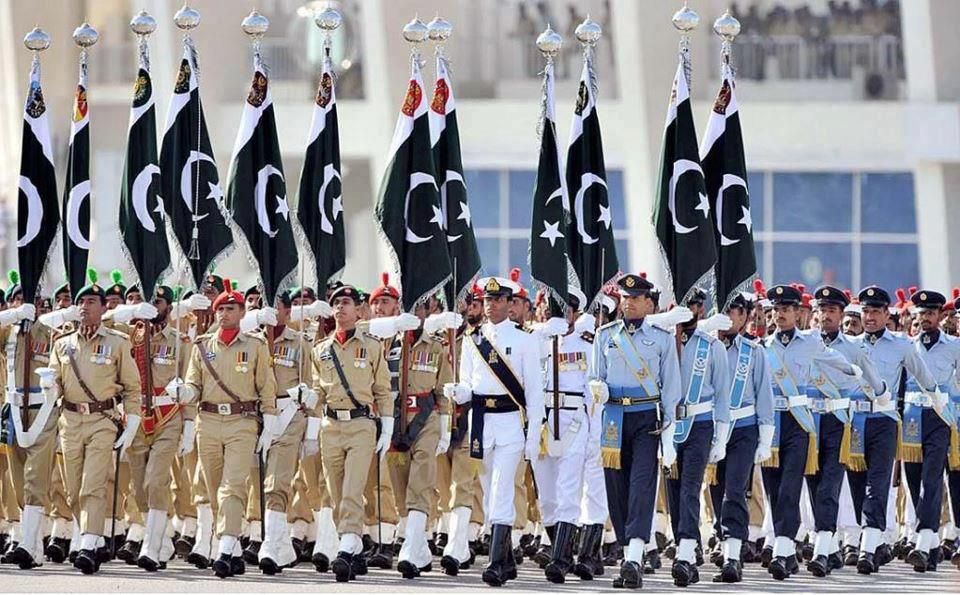
Conclusion:
These are just some of the many different types of government institutes in Pakistan. Each of these institutes plays a vital role in the functioning of the government and society as a whole. They provide essential services, create a social safety net, regulate industries, and fund research. These institutions are essential to the functioning of the Pakistani economy and society.


